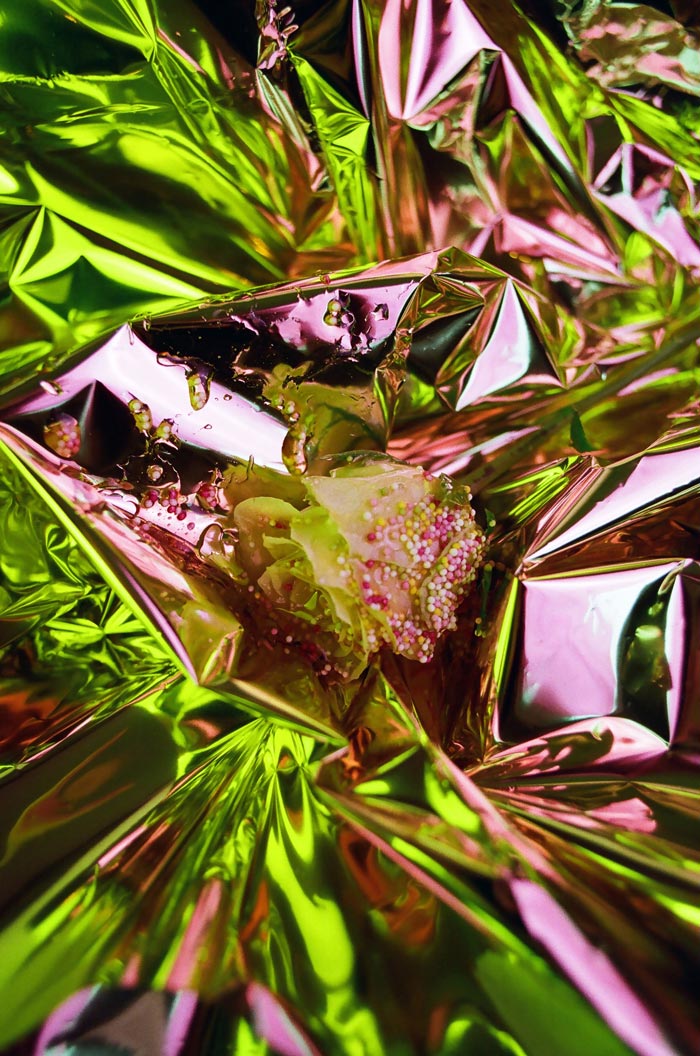
Opinion
Will COVID-19 impact the way we celebrate Ramadan in 2020?
By Zeynab Mohamed
Opinion
Will COVID-19 impact the way we celebrate Ramadan in 2020?
By Zeynab Mohamed
Updated May 18, 2020 at 01:57 PM
Reading time: 2 minutes
Trends
Apr 23, 2020
“Not even water?’’ For Muslims around the world, this becomes one of the most commonly asked questions during the month of Ramadan. Once a year, 1.6 billion Muslims engage in the act of fasting during Ramadan. To put things into perspective, that’s around 24 per cent of the world’s population fasting from dawn to sunset for a month. The act of fasting might be individual, but there is a sense of solidarity in knowing billions of people are engaging in the same ritual at the same exact time.
Now, more than ever, we are looking for that sense of community.
Will COVID-19 impact the way we celebrate this year’s Ramadan?
The bare minimum that Ramadan requires from Muslims is abstaining from food and drink. The fast is the easy part. Ramadan is also about reflecting on your habits, refraining from having negative thoughts and practising gratefulness and charity.
During this period of spiritual consciousness, Muslims get the opportunity to foster their relationship with God and contemplate the words of the Quran, the Muslim holy book. From the end of April through the middle of May, Muslims will increase the Quran’s recitation and work in order to implement its teachings into their daily lives.
“Isn’t it hard?” is the other question I usually find myself answering during Ramadan. For a long time, I downplayed the difficulty of fasting and reassured people around me that it was easy. “An absolute breeze,” I would tell them in an effort to not alienate myself or draw too much attention to what people often reduced to a strange cleanse. Obviously, not eating or drinking during the majority of the daytime for 30 days is hard. But as the days go on and your body painfully accommodates to its new condition, the fasts become oddly mundane.
Growing up, and still to this day, my favourite aspect of Ramadan is the food. During Ramadan, I become conscious of all the foods I could be filling my day with. Throughout the day, I collect little snacks like memorabilia. Memory plays the cruel trick of reminding you just how good everything tastes at any given opportunity.
I would scour the entirety of the internet for recipes with as much zest as if I were preparing my application for a daytime cooking show. From the most extravagant to the most mouthwatering recipe, which isn’t hard when you’re fasting, I scroll through any recipe I can find.
This overzealous food obsession comes from growing up in a household where food would be put on the biggest spread with endless choices to break our fast. It was relentless, every Ramadan, every day there would be a feast. In the spirit of charity, we would always share our food with our neighbours and our local mosque. During the length of Ramadan, we were everyone’s favourite neighbours.
Functioning on very little food during the days of Ramadan, my mental capacity reduces to 10 per cent, if that. Forming the simplest of sentences becomes difficult. But there is something about the collectivity of this selfless act, along with reminding yourself why you’re actually fasting, that makes it easier.
Fasting is incredibly rewarding and is something that I look forward to every year. It isn’t mandatory for every Muslim, however—young children, pregnant women, people with illnesses, individuals travelling and women menstruating are all excused from fasting.
That’s why Ramadan, on top of the food obsession that it might represent for many, is similar to a spiritual retreat. As Muslims, we’re challenged to look at ourselves and redefine our values and habits in order to better ourselves. Ramadan may look a little different this year, but I welcome the certainty and familiarity that come with observing our yearly traditional practice. Fasting should not define Ramadan, and neither should COVID-19.




